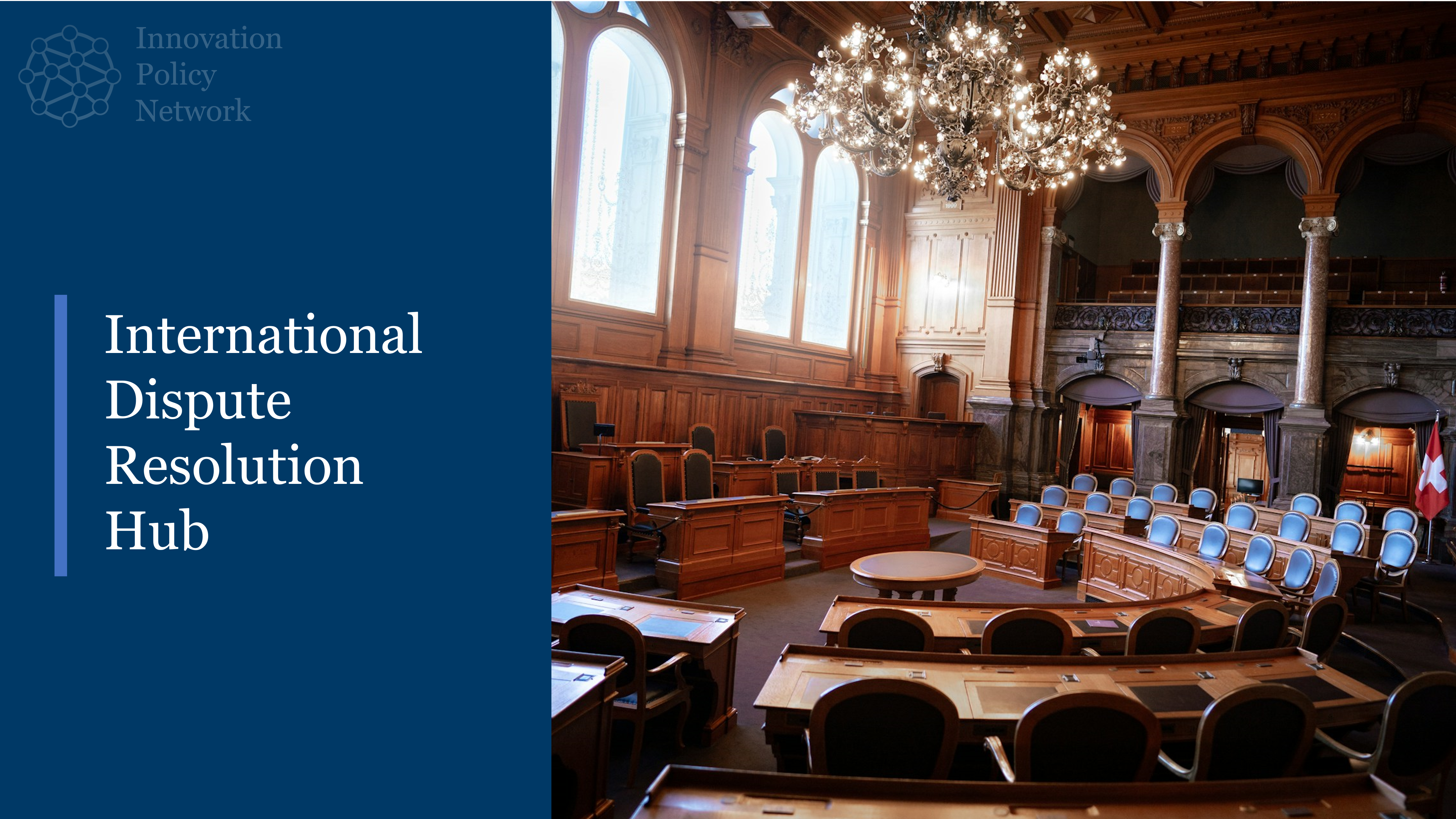Author: Anniek van Elzelingen
ISDS is enshrined in thousands of bilateral and multilateral treaties and has evolved as the primary mechanism for resolving disputes between foreign investors and host states. ISDS was established to protect investors from unfair treatment, including expropriation of their assets without compensation, providing a neutral platform to adjudicate such disputes. It offers flexibility, confidentiality, and specific expertise that national courts may lack, making it a preferred choice for resolving international investment disputes.
A Hindrance to Environmental Regulation?
Despite its benefits, ISDS has been criticised for undermining national efforts to implement crucial environmental policies. Critics argue that the ISDS mechanism prioritises investor rights over the regulatory sovereignty of states. This tension leads to regulatory chill effects as states, fearing costly arbitration and potential financial liability, might hesitate to introduce or enforce necessary regulation. This is particularly concerning in areas like environmental sustainability, which necessitate regulatory changes. For example, states like Denmark, France, and New Zealand have postponed or scaled back initiatives aimed at transitioning away from fossil fuels due to concern about potential ISDS claims, and Germany had to pay substantial compensation to investors after phasing out coal plants.
The UN Special Rapporteur’s Critique of ISDS
In 2023, the UN Special Rapporteur on the issue of human rights obligations relating to the enjoyment of a safe, clean, healthy, and sustainable environment issued a critical report on the ISDS regime. The report condemned the system for disproportionately favouring investors at the expense of state sovereignty and environmental protection. According to the Special Rapporteur, ISDS imposes excessive financial liabilities on states, diverting resources from essential public services to participate in the ISDS claims and to potentially compensate investors. This undermines the ability of states to pursue necessary environmental policies and meet their international climate commitments.
The Special Rapporteur calls for the outright revocation or, at the very least, substantial reform of the ISDS system. One central recommendation is to narrow the scope of the FET standard to prevent broad room of interpretation left to tribunals. While the FET principle is intended to protect investors by ensuring that host states do not unfairly alter regulatory frameworks after investments are made, thereby offering stability and predictability, its broad interpretation by tribunals can create uncertainty for states.
Reforming ISDS Toward Sustainable Development
While the negative impact of ISDS on sustainable development holds truths, it is equally important to recognise that the system can also be a catalyst for environmental sustainability if properly reformed. ISDS processes and outcomes are guided and shaped by the scope and terms of IIAs, meaning that much of the problem originates from how states negotiate these agreements. When states fail to incorporate clear standards and safeguards in the IIAs, they leave room for tribunals to interpret provisions in ways that they find appropriate in the dispute at hand. This creates uncertainty for states and can lead to hesitation or avoidance in implementing new regulations.
Nevertheless, reforming ISDS should not disregard the importance of investor protection. Foreign investment is crucial for economic development, including in sectors like renewable energy, which play a pivotal role in addressing climate change. States must strike a balance between protecting investor rights and retaining the regulatory space needed to pursue sustainability goals, for example by providing explicit guidance for broad provisions such as the FET standard as well as to better integrate environmental sustainability objectives into IIAs. In conclusion, ISDS, as it currently operates, presents regulatory chill effects, creating negative effects on the necessary international climate action. However, the system has the potential to evolve into a tool that supports rather than hinders sustainability, provided that states take proactive steps to reform their IIAs. By integrating clear environmental standards and narrowing broad standards like FET, ISDS can serve as an important bridge toward sustainable development.



Leave a Reply